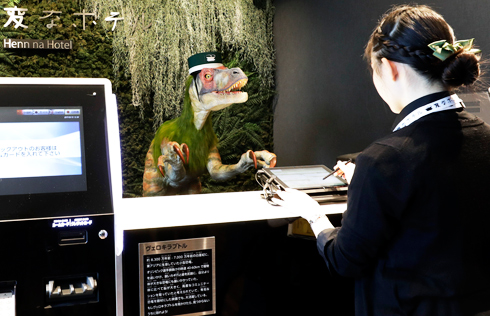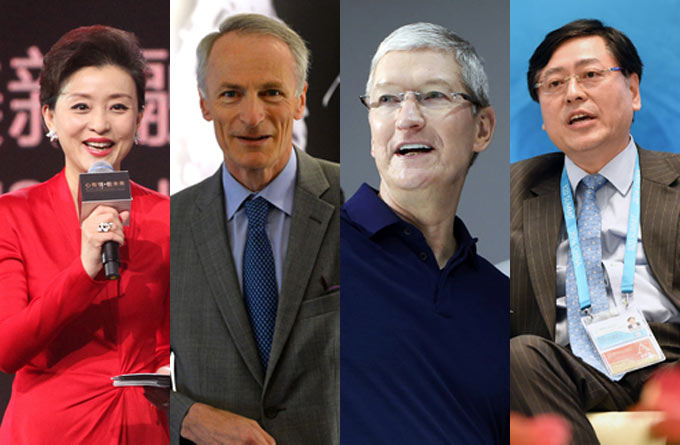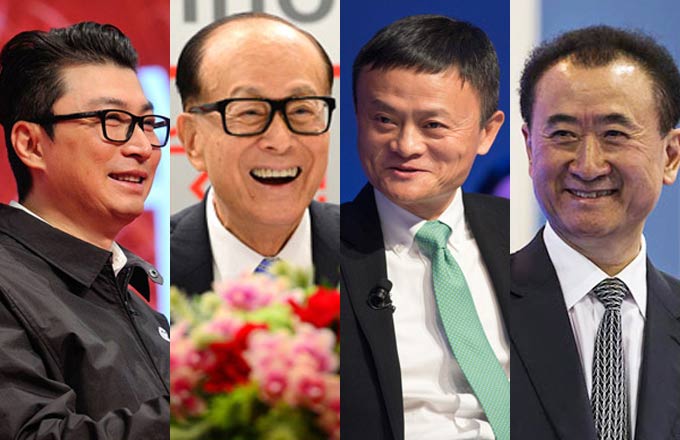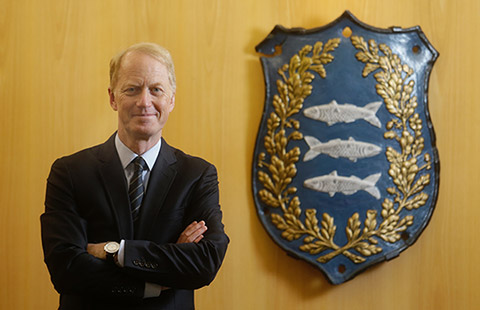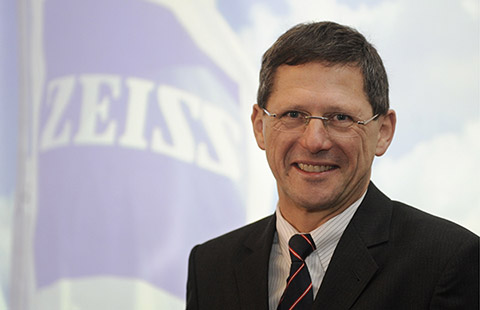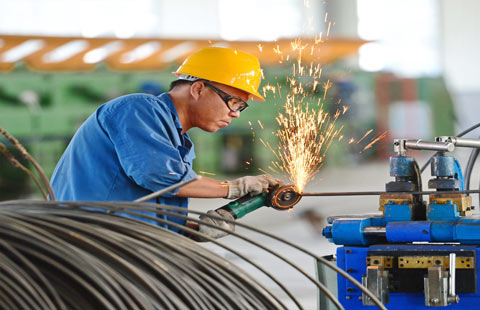Chinese, US businesses urged to seek common ground for cooperation amid
BEIJING — Businesses in the world's two largest economies were called on to seek common ground for cooperation amid political uncertainties at a US-China business leaders session held here Friday.
"It is more critical than ever that China and the United States find common ground given today's uncertain political environment," said former US Treasury Secretary Henry Paulson Jr.
"Private sector and subnational leadership in both countries is especially critical given the leadership change in the United States this year. Change often brings new political strategy," he told the 2017 Annual Conference on Sustainability titled "Green Transformation: From Commitment to Action."
Government officials, business leaders and experts from China and the United States at the conference provided an in-depth look at the opportunities and challenges China faces as it undertakes a transition to a green economy.
The conference was co-sponsored by the Paulson Institute and the China Center for International Economic Exchanges, with a focus on US-China business cooperation, regional collaboration, urban resilience, as well as innovative policies and tools for green development.
During the session, Shu Yinbiao, head of the State Grid Corporation of China, expressed optimism about the future of China-US business cooperation.
"The State Grid Corporation of China has always attached great importance to exchanges and cooperation with US companies, and has set up a US subsidiary so as to build a bridge for that purpose," Shu said.
Wang Shi, founder and chairman of China's real estate giant Vanke Co Ltd, said he was too optimistic, "because first and foremost, we care so very much about each other."
According to Peter Grauer, chairman of Bloomberg, a global provider of commercial and financial news services, the US corporation has always valued the Chinese market.
"As political winds blow back and forth in different directions, I think the private sector has a responsibility to lead a consistent approach, particularly in terms of cooperation between in the United States and China," said Grauer.
He said he has been thinking about how "US companions can help Chinese companies in the area of corporate governance," which can not only help drive initiatives and expand the overall capital, but also facilitate their access to the market and capacity development.
Paulson said, "Climate change and sustainability has been a key area of cooperation. The strong cooperation has been a real game changer."
"Cooperation can come in many forms: not only between federal governments, but also between states, provinces, cities and private companies," said Paulson, who is also founder and chairman of the Paulson Institute which he said is dedicated to enhancing China-US relations.
He stressed a need for the United States and China to learn from each other.
"Within China, the push toward urbanization provides an opportunity for leadership in a range of areas critical to meeting our climate agreements or commitments. The United States can offer some lessons in the effort of pursuing green development goals. It can also learn from China in its policy commitments and pilot programs," he said.
China's State Grid chief Shu said, "The United States has a huge appetite for infrastructure. The State Grid can satisfy its needs for technology in areas like investment, operation, equipment manufacturing and power grid."
Shu told business leaders attending the conference that the State Grid has established a research and development center in the United States, and utilizes US technologies in its business.
"Under the strategic cooperation with the US National Renewable Energy Laboratory and Argonne National Laboratory, we've also made progress in areas like collaborative innovation and development in renewable energy and power market design," he said.




